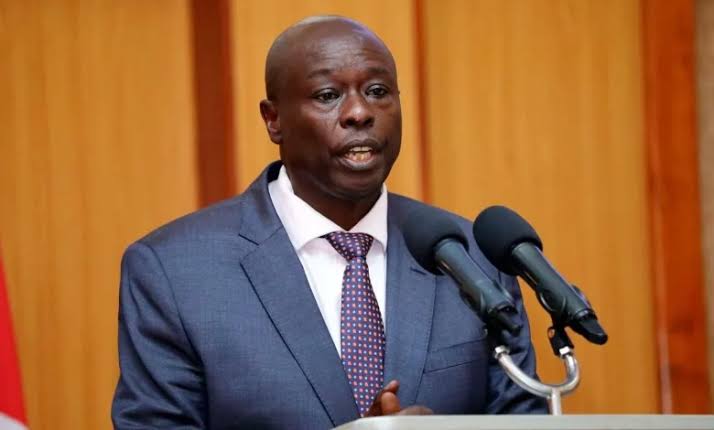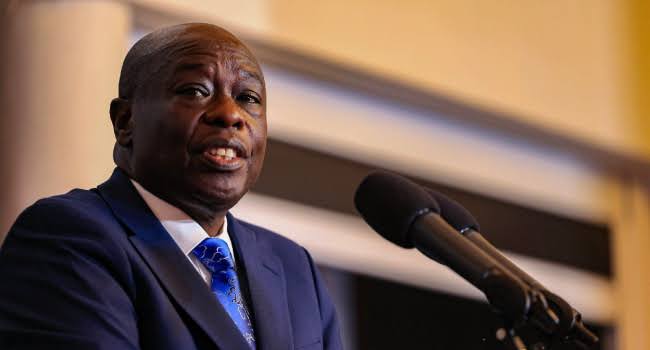Kenya’s political sector is heating up, and it looks like Deputy President Rigathi Gachagua might be in deep trouble. On Wednesday, the Senate kicked off a debate over his impeachment after he suffered yet another setback in his attempts to stop the proceedings in court. If the Senate votes to remove him, Gachagua would make history as the first deputy president in Kenya to be impeached since the 2010 constitution was introduced. Talk about setting a precedent!
Gachagua, who hails from the influential Kikuyu tribe and has built a reputation as a powerful businessman, became Deputy President alongside President William Ruto in the tightly contested August 2022 elections. However, his time in office has been anything but smooth sailing. Recently, he has voiced concerns about being sidelined by President Ruto, and he’s even been accused of supporting youth-led protests against the government that erupted in June. Those protests, driven by public anger over soaring tax hikes, have caused significant unrest and revealed cracks within the upper echelons of Kenya’s leadership.

Last week, the National Assembly took a bold step by voting overwhelmingly in favour of Gachagua’s impeachment on 11 charges, including corruption and abuse of office. Gachagua, now 59, has denied all allegations and insists he will remain in his position until the Senate renders its decision. However, with the Senate debating behind closed doors initially, it remains to be seen whether the upper house will follow the National Assembly’s lead.
The situation has escalated amid increasing political unrest, particularly after the violent demonstrations earlier this year. These protests have only intensified scrutiny on Gachagua, who faces allegations as serious as threatening a judge—definitely not the kind of behaviour that earns you any popularity points. His legal team argues that the impeachment process is being rushed and unfairly conducted, but they’ve faced setbacks in court. A Kenyan High Court ruled on Tuesday that the Senate could proceed with its session, and another ruling confirmed that the entire impeachment process would continue unimpeded.
President Ruto has kept his lips sealed regarding the impeachment, which raises eyebrows given that Gachagua himself has hinted that the process cannot move forward without the president’s approval. So, is this a sign of a rift between Ruto and Gachagua, or merely a political maneuver that could backfire?
Gachagua’s political future hangs by a thread as the Senate deliberates whether to send him packing or keep him in office. The developments in this case could reshape Kenya’s political structure and set a significant precedent for future leaders. After all, if a deputy president can be impeached, who’s safe in Kenyan politics?

















